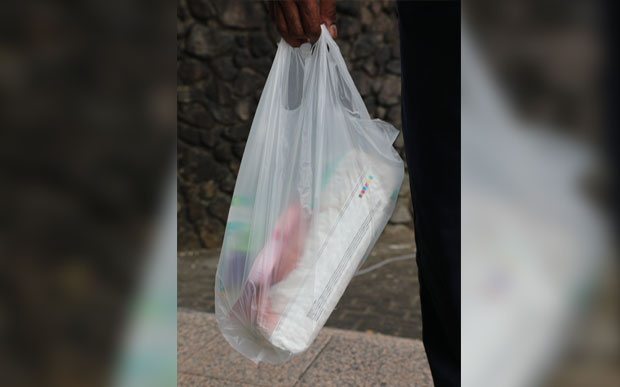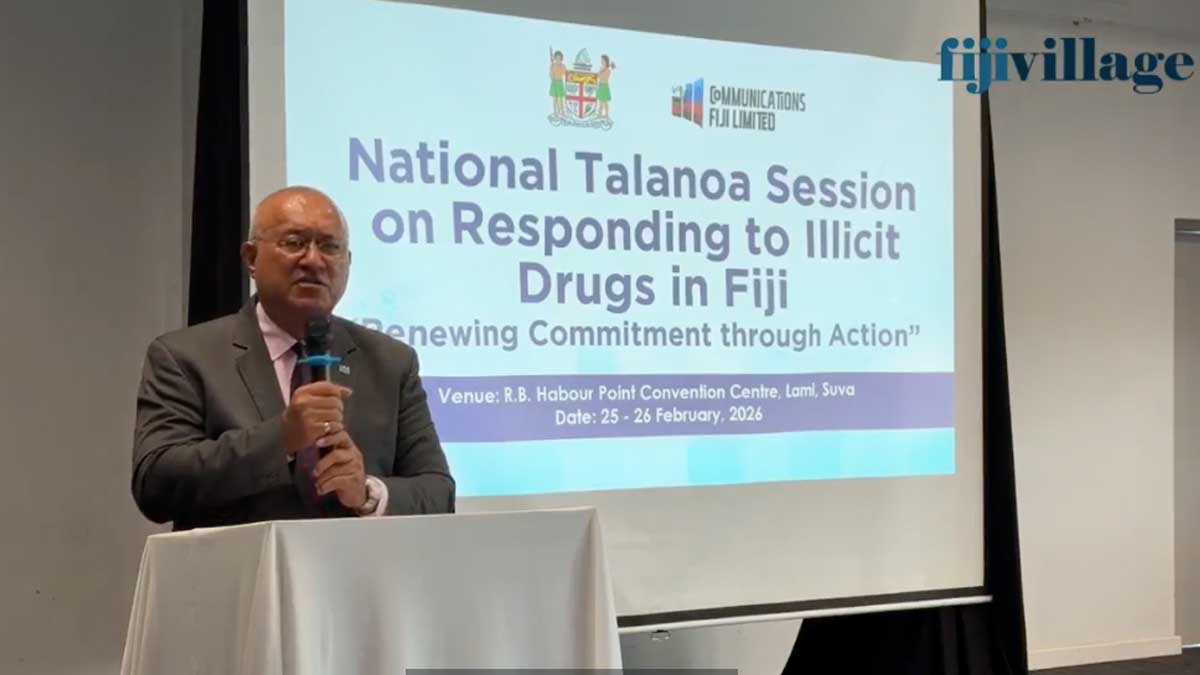
Plastic bags used for packing fruits, vegetables and meat in supermarkets are included in the ban placed on plastic bags which are used for packing goods at supermarkets at the check out counter.
This was clarified by Ministry of Economy Head of Climate Change and International Cooperation Nilesh Prakash who adds the plastic bags which are not banned are those that are an integral part of packaging such as those that products such as bread and rice are packed in.
Prakash has stressed those found using banned plastic bags will be taken to task.
Prakash says there are many alternatives that can be used in place of single use plastic bags such as cloth bags, jute bags, paper bags, newspapers to wrap goods in, containers, cartons and natural woven baskets.
FijiVillage spoke to some leading supermarkets on the ban on plastic bags.
R.B Patel CEO, Deepak Rathod says as an alternative to the plastic bag ban they will pre-pack all meat in styrofoam trays.
Rathod adds they will use netting bags like the ones used to pack garlic to pack fruits or vegetables.
Carpenters Fiji Retail and Marketing Director Kunaseelan Sabaratnam says they will be using approved plastic bags to pack meat and produce. He added they will receive another shipment of this kind of plastic bags this Thursday or Friday.
One supermarket, however, seemed unaware the ban included the plastic bags used for packing fruits, vegetables and meat in supermarkets.
After speaking to FijiVillage they are now getting in touch with relevant authorities to clarify the issue for themselves.
FijiVillage also spoke to some people today and while majority are happy with the decision to ban the use of plastic bags, there are some who say that this will cause an inconvenience in their shopping.
Meanwhile, Fiji Revenue and Customs CEO, Visvanath Das says there are alternatives such as biodegradable bags available for packing meat and other produce and businesses are already going through the transition.
He says bag manufacturers are also favouring biodegradable bags now.
Das further stated that Customs will monitor and stop at the borders the importation of the single use plastic bags which are now prohibited.
He further stated that Environment Administrators will enforce the ban of these plastic bags.
A person who manufactures a plastic bag commits an offence and is liable upon conviction to a fine not exceeding $500,000 or to a term of imprisonment not exceeding 7 years or both.
A person who sells, supplies or distributes a single-use plastic bag to another person or makes a plastic bag available to a customer for carrying goods purchased, or to be purchased, from a retailer, commits an offence and is liable upon conviction to a fine not exceeding $150,000 or to a term of imprisonment not exceeding two years or both.
Customers who wish to have their purchases packed in approved plastic bags, that is 50 microns and above in thickness and has a handle, will have to pay 50 cents for a bag.
A micron is a unit of measurement with 1,000 microns in a millimetre.
Stay tuned for the latest news on our radio stations

